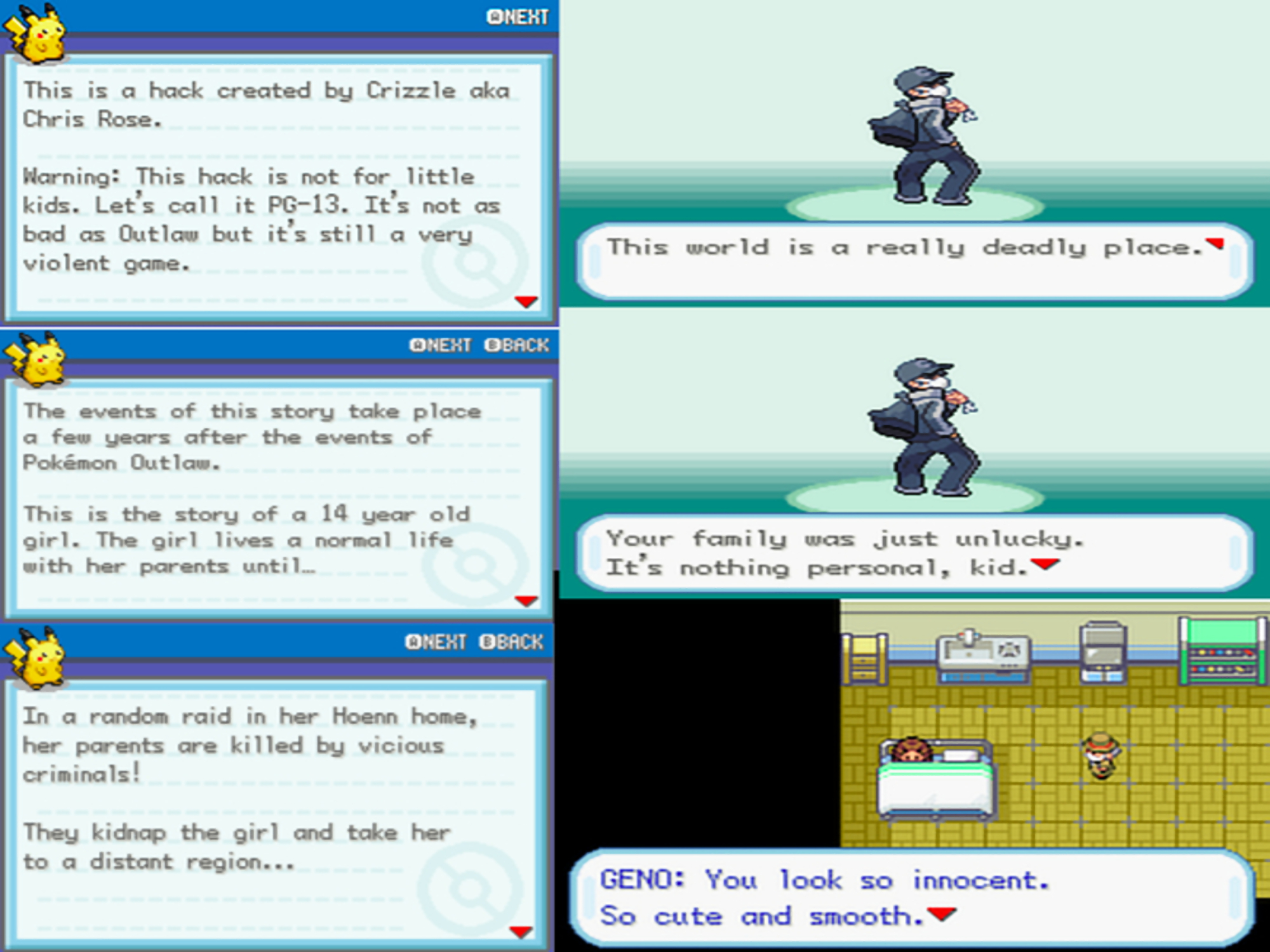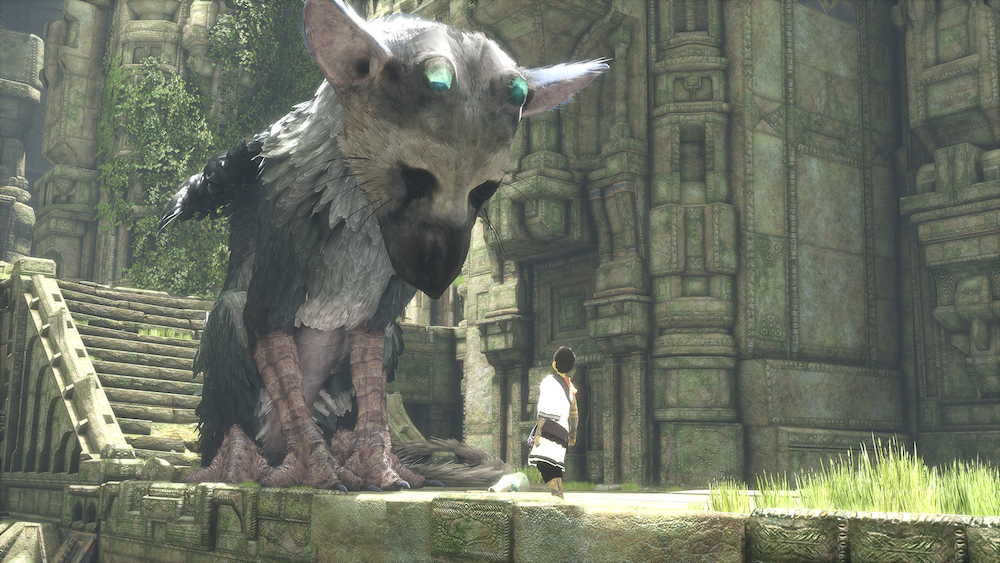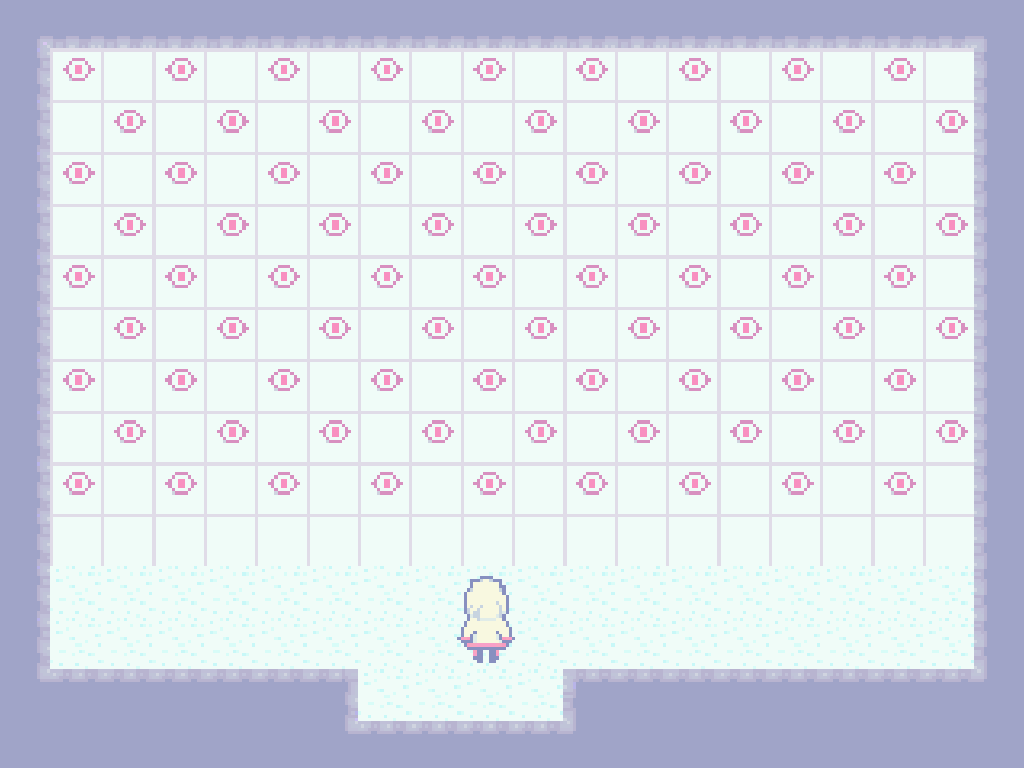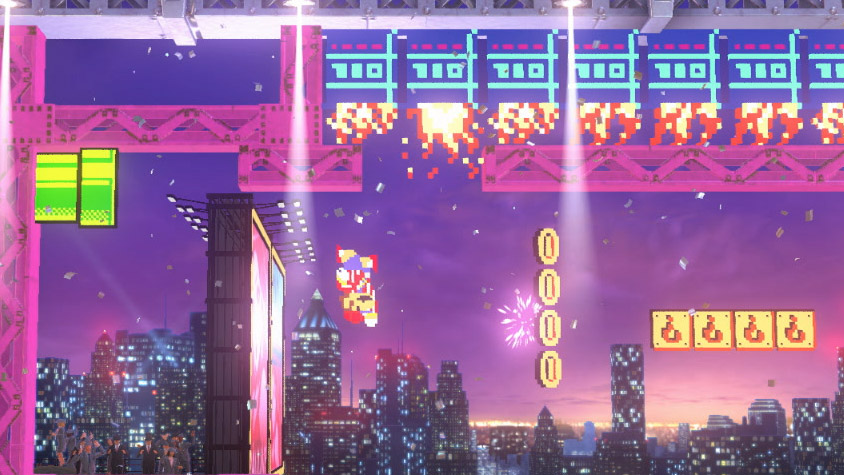Playful (Counter)Publics: Game Mods as Rhetorical Forms of Active and Subversive Player Participation
By Nicole Kurashige Introduction Though most digital humanities scholars readily agree that game developers need to offer more progressive functions and options to enhance player agency, such recommendations for further research or action often ignore how players are already able to enact their agency in spaces beyond the game itself. Online gaming forums serve as hotbeds of active player participation and (counter)public discourse.1 Players seeking to expand their agency within games can do so via modifications (referred to hereafter as “mods”).2 Mods, which are collaboratively developed in such online forums by players for players, are digital compositions that can alter the code of a game in various ways, thereby opening up more possibility spaces for players without having to wait for developer intervention. Players, thus, challenge, resist, and subvert the procedural rhetoric encoded in a game by exhibiting their agency through the creation, distribution, and use of these mods. Mods and their related modding communities have been around for decades, but, surprisingly, little to no research has been done to examine their rhetorical significance. This …




